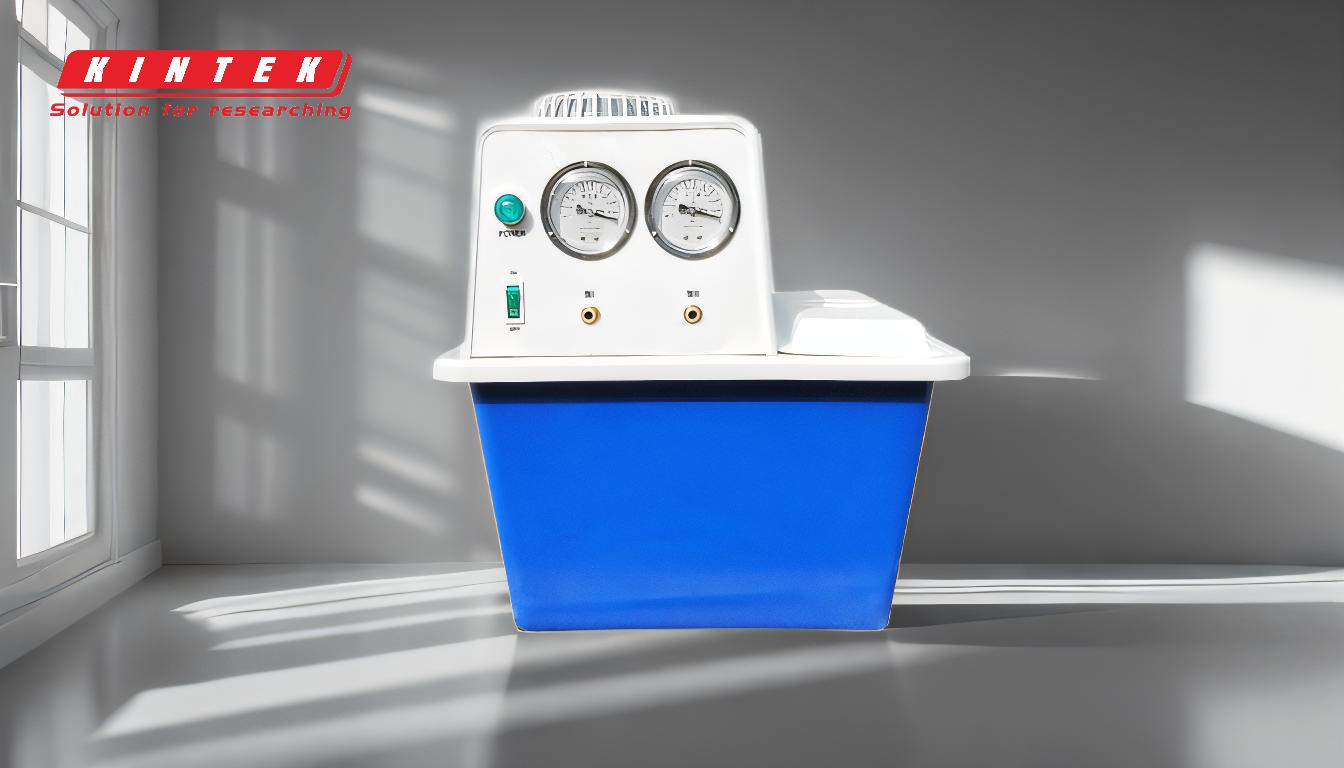Diffusion pumps are widely used in vacuum systems due to their ability to achieve high vacuum levels efficiently. However, they come with several disadvantages that can impact their performance, maintenance, and suitability for certain applications. These drawbacks include the need for a backing pump, sensitivity to contamination, high operational costs, and limitations in handling certain gases. Understanding these disadvantages is crucial for selecting the right vacuum pump for specific applications.
Key Points Explained:

-
Requirement of a Backing Pump
- Diffusion pumps cannot operate independently; they require a backing pump to create a preliminary vacuum.
- This adds complexity and cost to the system, as two pumps are needed instead of one.
- The backing pump must be capable of handling the exhaust gases from the diffusion pump, which can limit the choice of compatible pumps.
-
Sensitivity to Contamination
- Diffusion pumps are highly sensitive to contamination from oil, dust, or other particulates.
- Contamination can degrade the pump oil, reducing its effectiveness and requiring frequent oil changes.
- In applications involving reactive gases or particulates, this sensitivity can lead to increased maintenance and operational downtime.
-
High Operational Costs
- The pump oil used in diffusion pumps is expensive and requires regular replacement.
- Energy consumption is also high, as the pump must maintain a high temperature to vaporize the oil.
- These ongoing costs can make diffusion pumps less economical compared to alternative vacuum technologies.
-
Limitations with Certain Gases
- Diffusion pumps struggle with handling reactive or corrosive gases, as these can degrade the pump oil and internal components.
- They are also less effective with light gases like hydrogen and helium, which can reduce the overall vacuum performance.
- This limitation restricts their use in specialized applications where such gases are present.
-
Thermal Management Challenges
- Diffusion pumps generate significant heat during operation, requiring robust cooling systems.
- If not properly managed, this heat can affect the surrounding equipment and environment.
- Thermal management adds to the complexity and cost of the overall vacuum system.
-
Risk of Oil Backstreaming
- Oil backstreaming, where pump oil migrates into the vacuum chamber, is a common issue with diffusion pumps.
- This can contaminate the chamber and the samples being processed, particularly in sensitive applications like semiconductor manufacturing.
- Additional measures, such as cold traps or baffles, are often required to mitigate this risk.
-
Noise and Vibration
- Diffusion pumps can produce noise and vibration during operation, which may be undesirable in certain environments.
- This can affect the stability of sensitive equipment or processes, requiring additional isolation measures.
-
Environmental Concerns
- The use of pump oil raises environmental concerns, particularly regarding disposal and potential leaks.
- Alternative vacuum technologies, such as dry pumps, are often preferred in environmentally conscious applications.
By carefully considering these disadvantages, users can make informed decisions about whether a diffusion pump is suitable for their specific needs or if alternative vacuum technologies might be more appropriate.
Summary Table:
| Disadvantage | Key Details |
|---|---|
| Requirement of a Backing Pump | Needs a preliminary vacuum pump, increasing system complexity and cost. |
| Sensitivity to Contamination | Oil degradation due to contamination leads to frequent maintenance. |
| High Operational Costs | Expensive pump oil, high energy consumption, and ongoing maintenance expenses. |
| Limitations with Certain Gases | Struggles with reactive, corrosive, or light gases like hydrogen and helium. |
| Thermal Management Challenges | Generates significant heat, requiring robust cooling systems. |
| Risk of Oil Backstreaming | Oil migration into the vacuum chamber can contaminate samples and equipment. |
| Noise and Vibration | Produces noise and vibration, affecting sensitive processes and equipment. |
| Environmental Concerns | Pump oil disposal and leaks raise environmental and sustainability issues. |
Need help choosing the right vacuum pump for your application? Contact our experts today for personalized advice!






